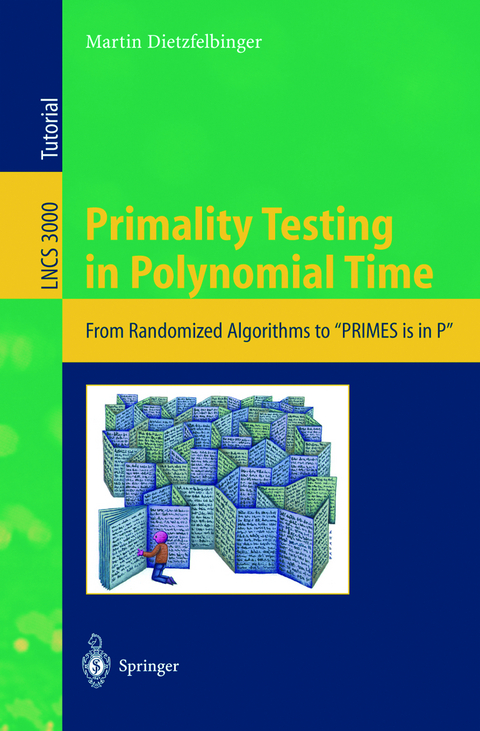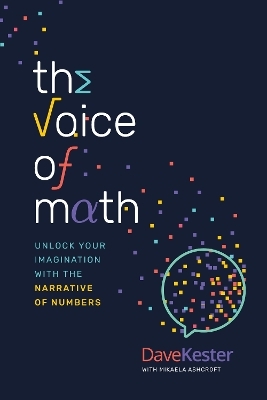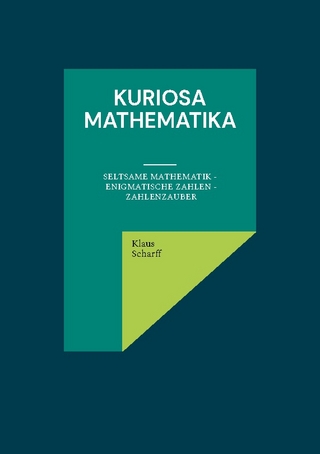
Primality Testing in Polynomial Time
Springer Berlin (Verlag)
978-3-540-40344-9 (ISBN)
Univ.-Prof. Dr.(USA) Martin Dietzfelbinger (b. 1956) studied Mathematics in Munich and earned his Ph.D. from the University of Illinois at Chicago. In 1992, he obtained his Habilitation at the Universität Paderborn with a thesis on randomized algorithms; in the same year he became a professor of computer science at the Universität Dortmund. Since 1998, he holds the chair for Complexity Theory and Efficient Algorithms at the Faculty of Computer Science and Automation of the Technische Universität Ilmenau, Germany. His main research interests are in complexity theory and data structures.
1. Introduction: Efficient Primality Testing.- 2. Algorithms for Numbers and Their Complexity.- 3. Fundamentals from Number Theory.- 4. Basics from Algebra: Groups, Rings, and Fields.- 5. The Miller-Rabin Test.- 6. The Solovay-Strassen Test.- 7. More Algebra: Polynomials and Fields.- 8. Deterministic Primality Testing in Polynomial Time.- A. Appendix.
From the reviews:
"This book gives an account of the recent proof by M. Agrawal, N. Kayal and N. Saxena ... that one can decide in polynomial time whether a given natural number is prime or composite. ... It presents the background needed from number theory and algebra to make the proof accessible to undergraduates. ... This concise book is written for students of computer science and of mathematics." (Samuel S. Wagstaff, Mathematical Reviews, Issue 2005 m)
"The book can logically be separated into two parts: the first covering introductory material and the second covering the AKS result itself. ... Chapters ... are a joy to read, and I found the proofs and explanations clear and concise. Amazingly, the material is presented in full, with complete proofs given for all results necessary for proving the main results of the book. ... I would enthusiastically and wholeheartedly recommend this book ... ." (Jonathan Katz, SIGACT News, Vol. 37 (1), 2006)
| Erscheint lt. Verlag | 29.6.2004 |
|---|---|
| Reihe/Serie | Lecture Notes in Computer Science |
| Zusatzinfo | X, 150 p. |
| Verlagsort | Berlin |
| Sprache | englisch |
| Maße | 155 x 233 mm |
| Gewicht | 250 g |
| Themenwelt | Mathematik / Informatik ► Informatik |
| Mathematik / Informatik ► Mathematik ► Arithmetik / Zahlentheorie | |
| Mathematik / Informatik ► Mathematik ► Wahrscheinlichkeit / Kombinatorik | |
| Schlagworte | algorithm • Algorithm analysis and problem complexity • Algorithmen • Algorithmics • algorithms • Computational Number Thoery • Computer • Computer Science • Deterministic Primality Testing • Efficient Algorithms • Efficient Primality Testing • Factorization • Number Theoretical Algorithms • Number Theory • Polynomia Time Algorithms • Primality Testing • Prime • Primzahl • randomized algorithms |
| ISBN-10 | 3-540-40344-2 / 3540403442 |
| ISBN-13 | 978-3-540-40344-9 / 9783540403449 |
| Zustand | Neuware |
| Haben Sie eine Frage zum Produkt? |
aus dem Bereich


